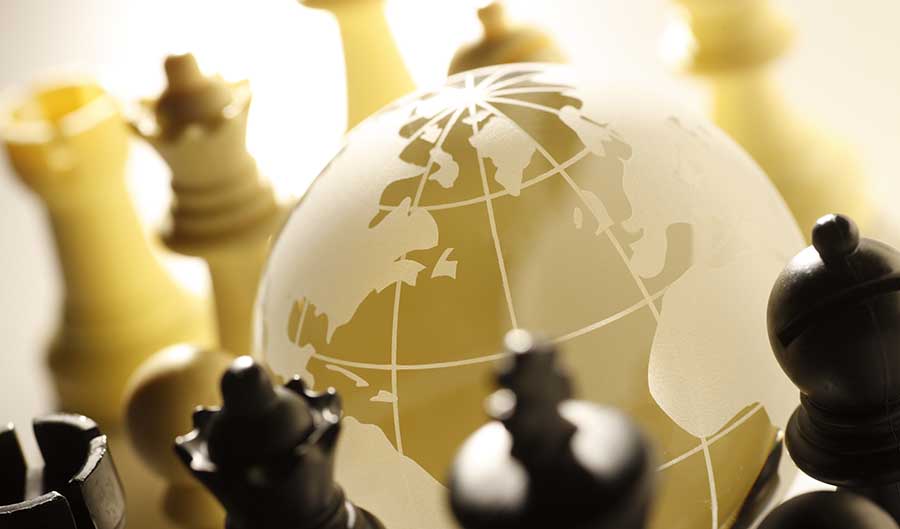
Wang Honggang, Deputy Directorof Institute of American Studies, China Institutes of Contemporary International Relations
Jan 22, 2022
What should be China’s view? It should avoid competition for its own sake and avoid rhetorical pitfalls. It should also consider historical context and the needs of humanity as a whole. Competition should be managed, not malicious.
Andrew Sheng, Distinguished Fellow at the Asia Global Institute at the University of Hong Kong
Xiao Geng, Director of Institute of Policy and Practice at Shenzhen Finance Institute, Chinese University of Hong Kong
Jan 07, 2022
The year 2022 will mark 50 years since US President Richard Nixon traveled to China to meet with Communist Party of China Chairman Mao Zedong and Chinese Premier Zhou Enlai – a major step toward restoring relations after decades of estrangement and hostility. A half-century later, the progress they launched has been all but lost, and US President Joe Biden is partly to blame.
Minxin Pei, Tom and Margot Pritzker ’72 Professor of Government , Claremont McKenna College
Jan 07, 2022
During the Cold War, Europe was America’s strategic priority. East Asia was largely a sideshow, even though the United States fought bloody wars in Korea and Vietnam, and also provided security for Japan, South Korea, and Taiwan.

Xiao Bin, Deputy Secretary-general, Center for Shanghai Cooperation Organization Studies, Chinese Association of Social Sciences
Jan 03, 2022
China and Russia may be forced to seek a new systemic equilibrium, with the result being two international camps. This could lead to a new cold war and subject other nations to unpredictable security costs.

Yan Xuetong, Distinguished Professor, Tsinghua University
Dec 28, 2021
Strategic competition between China and the United States should be characterized not as a new cold war but as an uneasy peace. Shooting is not likely to break out, but the two countries will remain in dread of each other in the coming decade.

Chen Jimin, Guest Researcher, Center for Peace and Development Studies, China Association for International Friendly Contact
Dec 15, 2021
The postwar foundation laid by the United States has been shaken, and the Western model is in trouble as never before. The primary creator of the liberal international order has unwittingly sabotaged itself.

Chen Jimin, Guest Researcher, Center for Peace and Development Studies, China Association for International Friendly Contact
Dec 15, 2021
The postwar foundation laid by the United States has been shaken, and the Western model is in trouble as never before. The primary creator of the liberal international order has unwittingly sabotaged itself.

Tao Wenzhao, Honorary Member of the Chinese Academy of Social Sciences; Fellow, CASS Institute of American Studies
Nov 05, 2021
Worries by the United States that China will take over its leadership role are based on a serious strategic misunderstanding. The road ahead for the international power structure as it shifts to a multipolar pattern may be long and difficult, but the prospects are promising.

He Yafei, Former Vice Minister of Foreign Affairs
Oct 18, 2021
True multilateralism, as reflected in the UN Charter, is the foundation of a functional world order, which in turn yields peace and prosperity. The future is not necessarily gloomy, so long as nations, which face daunting challenges, can work together in a spirit of harmony.
Nie Wenjuan, Deputy Director of Institute of International Relations, China Foreign Affairs University
Oct 07, 2021
Speeches by Xi Jinping and Joe Biden laid out their understanding of the international political order from the perspective of their own national history. Developed nations in the West may identify with the U.S. vision, while developing nations may find the Chinese vision more attractive.